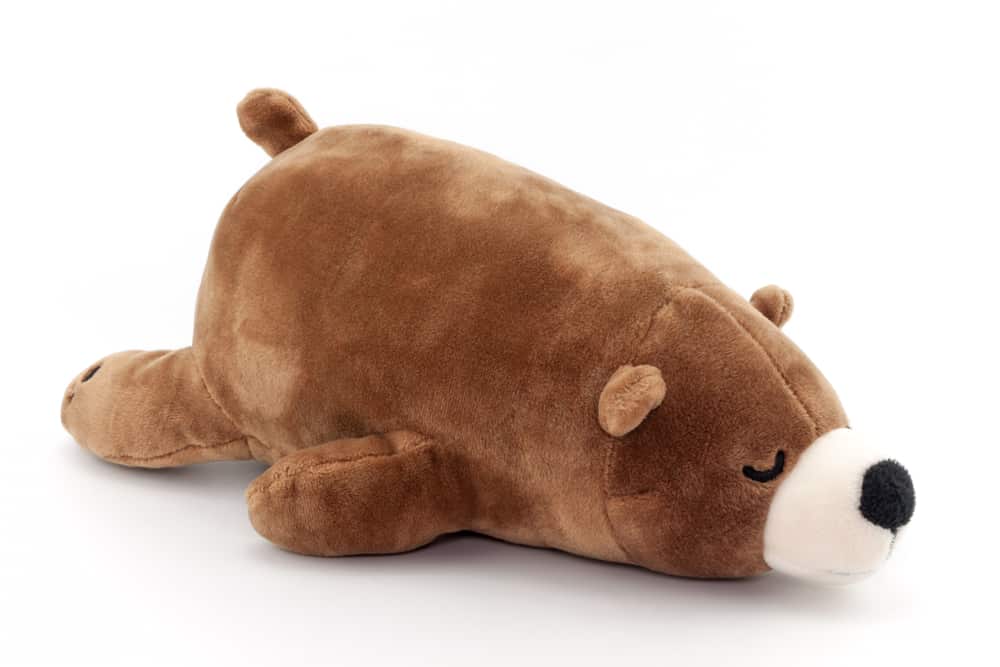[et_pb_section fb_built=”1″ admin_label=”section” _builder_version=”3.0.47″][et_pb_row admin_label=”row” _builder_version=”3.0.48″ background_size=”initial” background_position=”top_left” background_repeat=”repeat”][et_pb_column type=”4_4″ _builder_version=”3.0.47″ parallax=”off” parallax_method=”on”][et_pb_text admin_label=”Text” _builder_version=”3.0.74″ background_size=”initial” background_position=”top_left” background_repeat=”repeat”]
Supporting emotional wellbeing through mindfulness
Physical and social isolation
Some children and young people are struggling with their emotional wellbeing during the current crisis. Physical and social isolation are having a huge impact and the lack of normal outlets, such as school or college and meeting up with friends, is adding to the challenges they face.
The Covid-19 pandemic is a new and uncertain time for all of us and will affect our mental health in different ways. However you are feeling right now is valid (Young Minds).
The lack of structure to each day and week that goes by also doesn’t help and we at Mind Of My Own wanted to do something to support children and young people’s wellbeing. With this in mind we have produced this great new free resource, the Mind Of My Own Mindfulness challenge.
Being fully focused
Mindfulness means being fully focused on where you are and what you are experiencing in that moment with no distractions (called ‘being present in the moment’). There is a great deal of evidence that mindfulness helps children and young people to understand and better manage their emotions and feelings. Best of all, it’s easy and it gives quick results.
Do it together
It’s not only children who can benefit from mindfulness practice; our resource contains three very simple but effective exercises that workers can do as well. Why not do it together!
Download your free resource here
[/et_pb_text][/et_pb_column][/et_pb_row][/et_pb_section]




